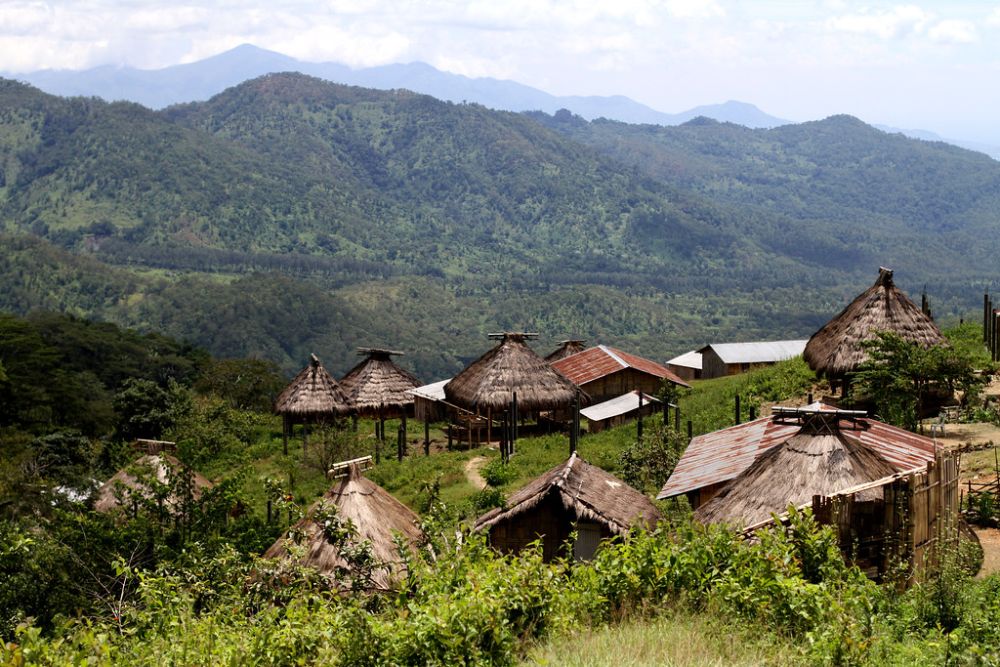

Tucked away in the highlands of Timor-Leste, the town of Maubisse is a hidden gem offering visitors a unique window into the cultural tapestry of this young nation. The allure of Maubisse lies in its traditional Timorese villages, which have drawn the curiosity of travelers seeking authentic and unspoiled cultural experiences.
The history of tourism in Maubisse is relatively recent, closely tied with the overarching story of tourism in Timor-Leste. After gaining independence from Indonesia in 2002, Timor-Leste opened its doors to the world, and the charm of its untouched nature and deep-rooted traditions slowly began to captivate international visitors.
With its cool climate, scenic landscapes, and the presence of traditional villages like Aileu and Hatobuilico, Maubisse became a natural focal point for those interested in the cultural and eco-tourism potential of the country. The remnants of Portuguese colonization, evident in the architecture and old forts, added a layer of historical intrigue to the region.
The traditional Timorese villages in the Maubisse area are the epitome of cultural preservation, with their thatched houses, known as uma lulik (sacred houses), and the centrality of community life. These villages are governed by traditional laws and practices, held together by extended family networks and a deep respect for ancestral customs and beliefs.
The village elders, also referred to as liurai, play a crucial role in maintaining the cultural fabric. Visitors are often greeted with time-honored hospitality and have the opportunity to witness age-old practices such as textile weaving and the production of local crops.
In recent years, there has been a pivot towards sustainable and community-based tourism in Maubisse. This approach aims to empower local communities, preserve the environment, and provide an authentic experience to visitors. Small-scale eco-tourism initiatives, such as guided treks, homestays, and cultural immersion programs, have been on the rise.
Tourists are increasingly seeking off-the-beaten-track experiences, and the traditional villages of Maubisse do not disappoint. They offer a chance for travelers to disconnect from the hustle of modern life and reconnect with nature and indigenous ways of living.
Although tourism can provide substantial benefits to the area, it also poses challenges such as environmental impact and cultural dilution. To address this, there is a concerted effort to promote responsible tourism practices. Stakeholders are working to ensure that as Maubisse's popularity grows, it does not come at the cost of its cultural integrity or environmental sustainability.
For tourists and adventure seekers alike, Maubisse and its traditional villages stand as a living museum, a testament to the resilience of the Timorese spirit, and a beckoning destination for those looking to immerse themselves in a culture that has weathered the storms of history with grace and steadfastness.